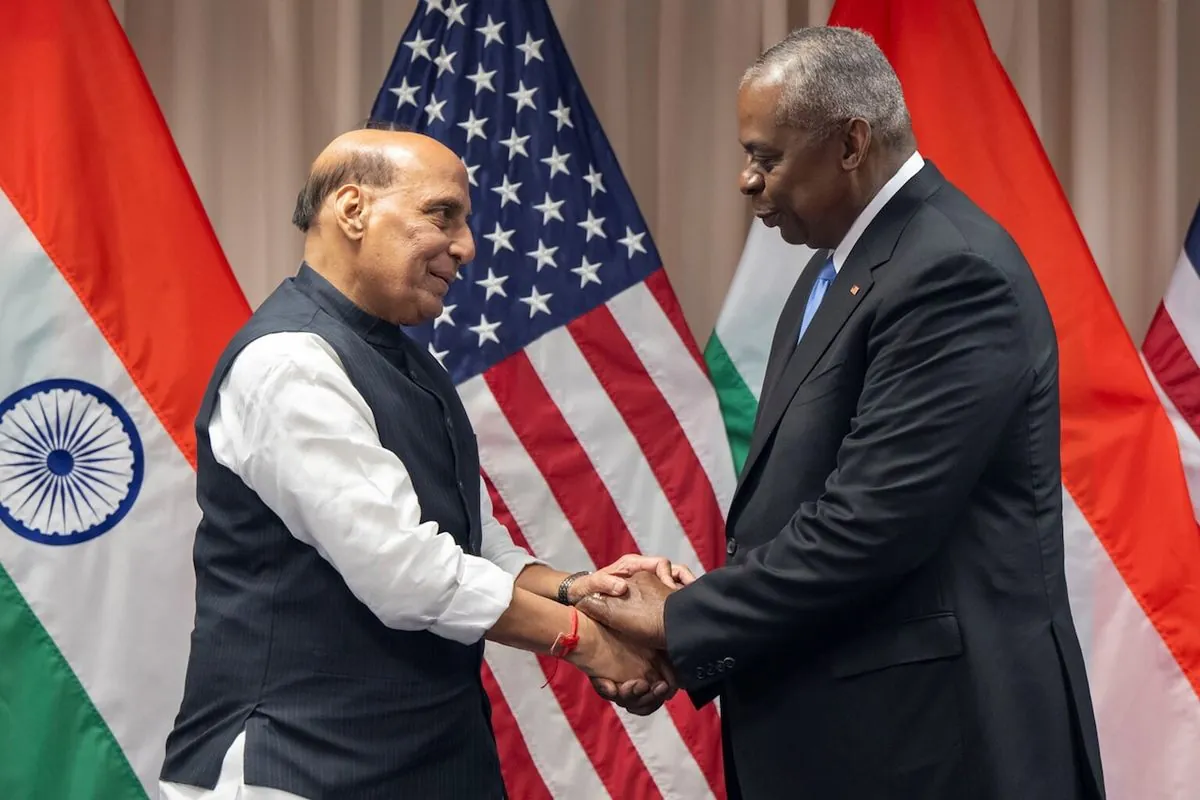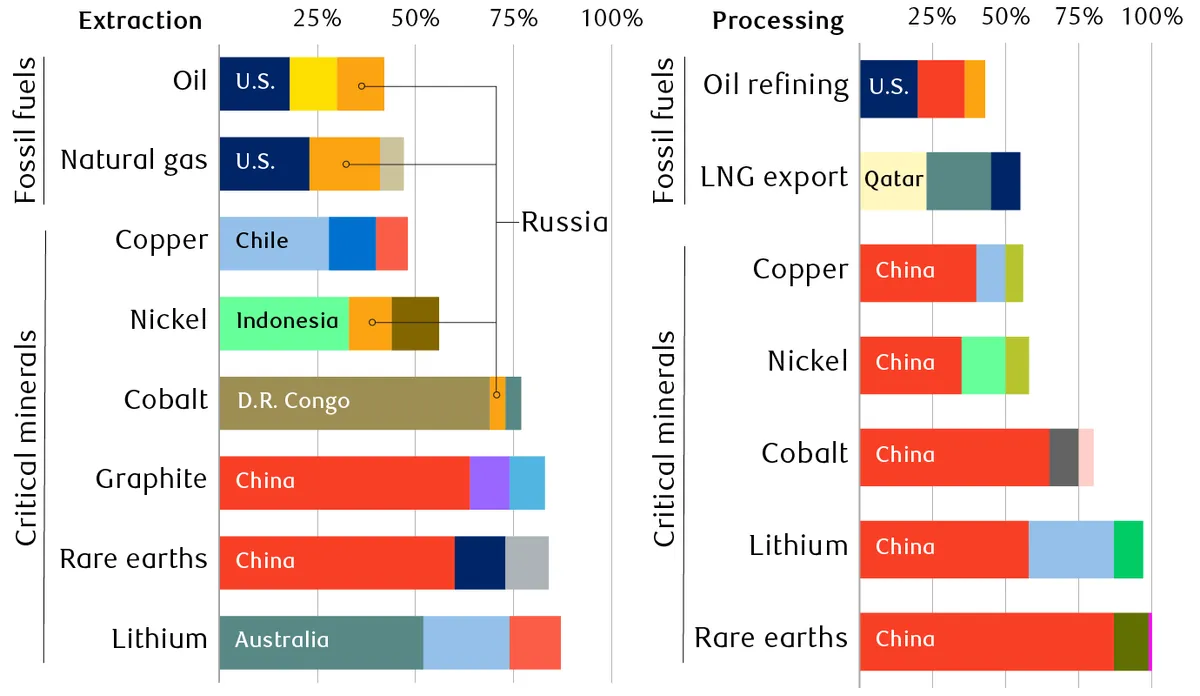India and US Set to Ink Critical Minerals Pact Amid Trade Boost
India and the US are poised to sign a critical minerals cooperation agreement during Indian Trade Minister Goyal's Washington visit. The pact aims to strengthen supply chains as bilateral trade hits a record $120 billion.

India and the United States are on the verge of signing a significant agreement on critical minerals cooperation, marking a new chapter in their bilateral relations. This development comes as Piyush Goyal, India's Minister of Commerce and Industry, prepares for his visit to Washington in early October 2024.
The proposed pact aims to foster collaboration in building supply chains and exchanging technical expertise in the realm of critical minerals. This initiative is particularly timely, given the growing global focus on sustainable energy solutions and the crucial role these minerals play in advancing clean technology.
India-US bilateral trade has reached unprecedented heights, with the 2023-24 fiscal year recording a staggering $120 billion in trade volume. This milestone underscores the strengthening economic ties between the two nations, despite occasional diplomatic challenges.
During his Washington visit, Goyal is expected to meet with key US officials, including Commerce Secretary Gina Raimondo and US Trade Representative Katherine Tai. These high-level discussions are set against the backdrop of the upcoming US presidential election in November 2024, adding a layer of significance to the talks.
"Minister Goyal is scheduled to meet with US Commerce Secretary Gina Raimondo and US Trade Representative Katherine Tai this week."
The critical minerals agreement is poised to be a cornerstone of Goyal's visit. It follows a series of diplomatic engagements, including a recent one-on-one meeting between Indian Prime Minister Narendra Modi and US President Joe Biden in Delaware in early September 2024. This meeting also involved leaders from Australia and Japan as part of the Quad grouping, which India joined in 2007.

The proposed pact is expected to facilitate partnerships between Indian and American businesses in the critical minerals sector. This collaboration is crucial, considering India's ambitious plans in this domain. In 2023, the Indian government identified 30 minerals, including lithium and nickel, as critical for driving the adoption of clean energy technologies.
India's proactive approach in this sector is evident from its exploration of lithium blocks in Argentina, in partnership with a US company. This initiative, reported in June 2024, aligns with India's goal to secure supplies of essential battery materials. It's worth noting that Argentina boasts the world's second-largest lithium reserves, making it a strategic partner in this endeavor.
The critical minerals agreement is part of a broader strategy to enhance India-US trade relations. India has proposed a separate critical minerals trade deal with the United States, which would prohibit tariffs and potentially grant Indian companies access to US electric vehicle tax credits, similar to the arrangement with Japan.
India's participation in the US-led Minerals Security Partnership, launched in June 2022, further demonstrates its commitment to ensuring adequate supplies of minerals crucial for achieving zero-carbon goals. This aligns with India's ambitious target to achieve net-zero emissions by 2070.
The strengthening of India-US ties is also reflected in their resolution of all disputes at the World Trade Organization, a development India has termed "historic." This progress in trade relations comes as the US Geological Survey continues to publish its annual report on critical minerals, highlighting the ongoing importance of this sector in global trade and sustainability efforts.
As the world moves towards cleaner energy solutions, the collaboration between India and the US in critical minerals could play a pivotal role in shaping the future of sustainable technology and international trade relations.


































